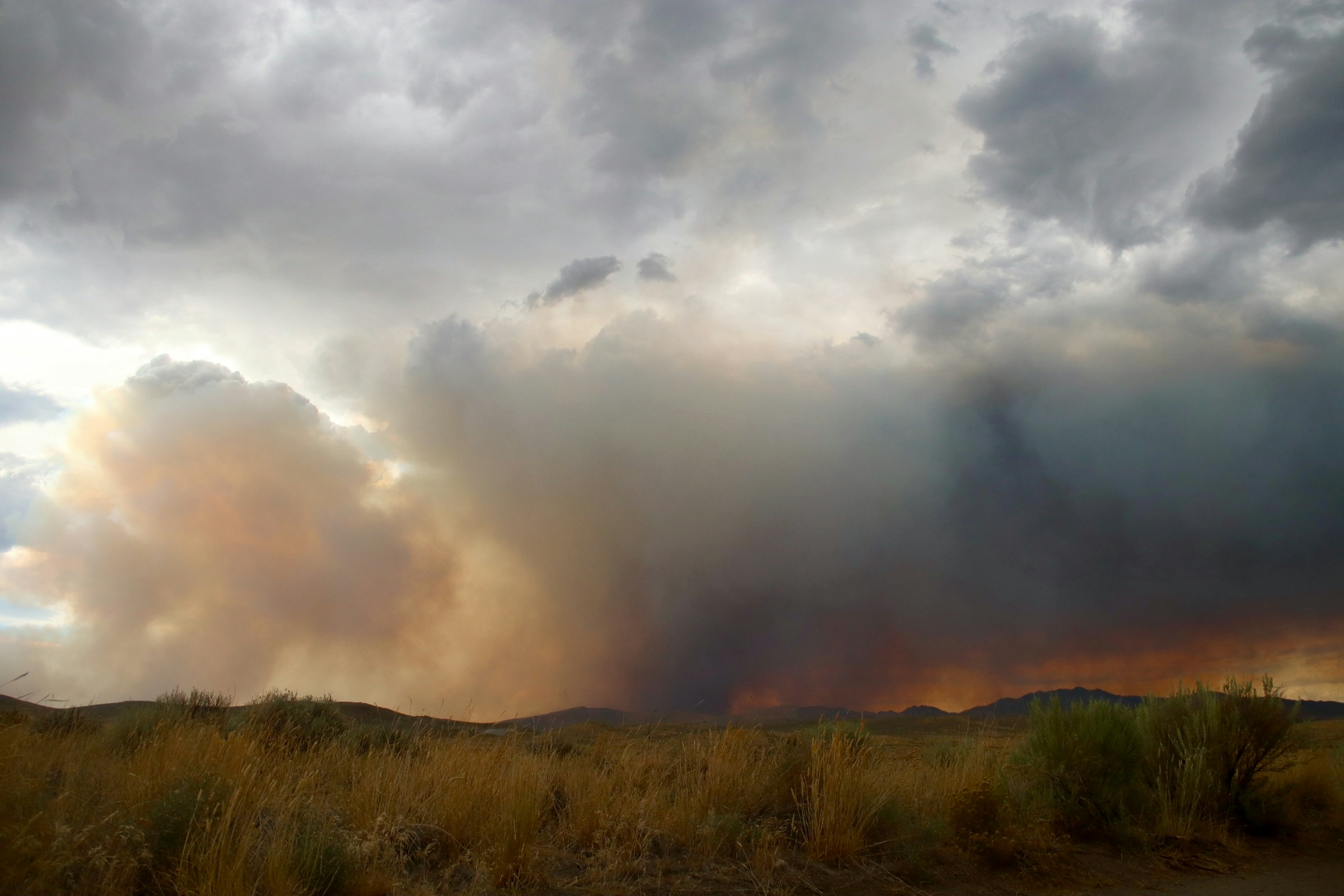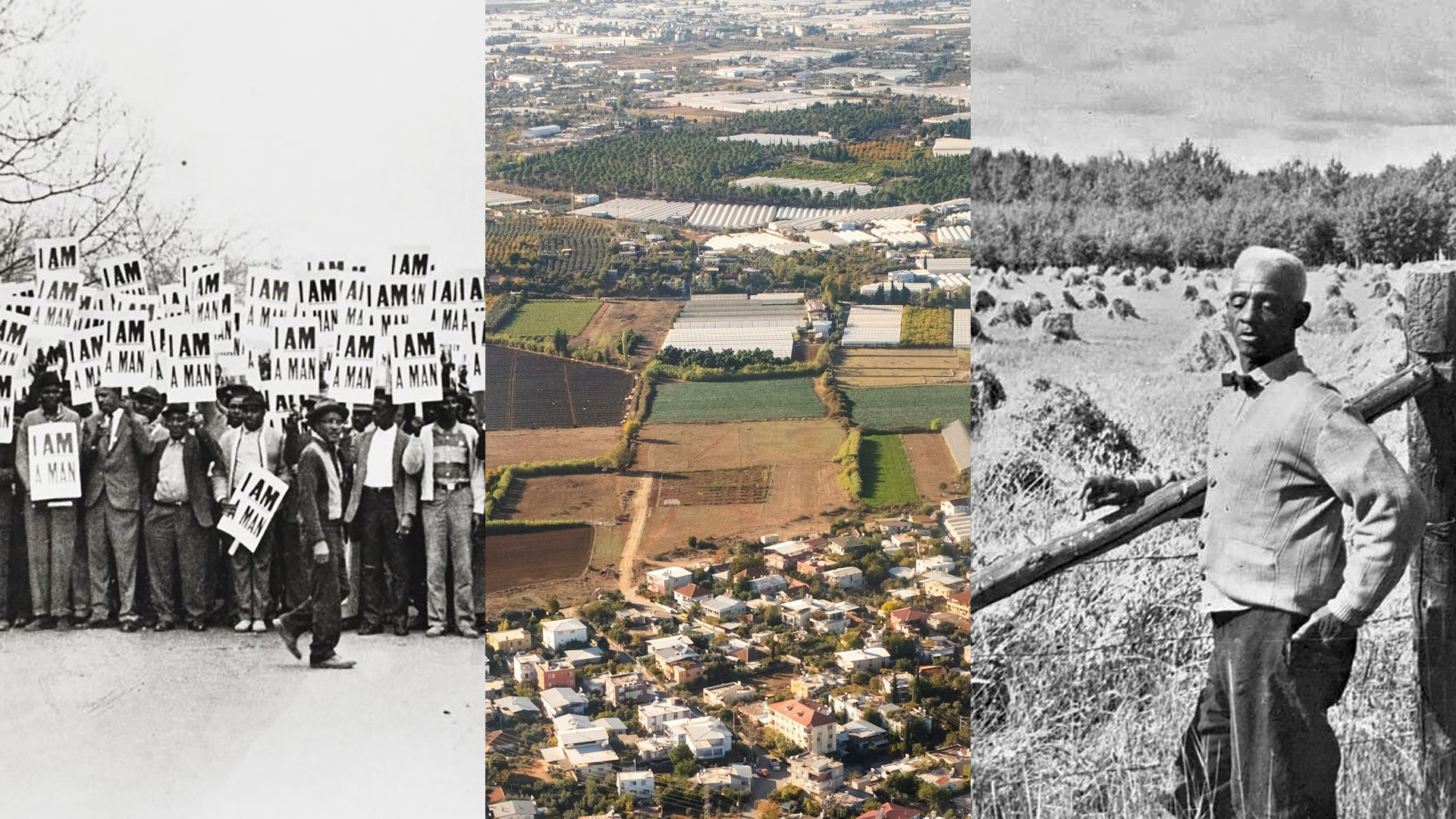“Any efforts to deal with climate change and biodiversity loss must be feminist, anti-racist, and decolonial,” say Dr. Jessica Dempsey and her collaborator at Simon Fraser University, Dr. Rosemary Collard.
This is in a new piece for Progessive International: Patriarchy is an Ecological Regime.
Dempsey and Collard point out that “gendered, racialized and colonial hierarchies are drivers of ecological crisis and render some people and species more sacrificial than others.”
“Where we live in Canada, extraction is most negatively experienced by Indigenous women; risks of sexual violence for Indigenous women and girls rise steeply when what are known colloquially as “man camps”—industrial camps housing workers in extractive industries—are built on Indigenous territories. Indigenous women’s reproductive health is also compromised by extraction, while they are the least likely to benefit from employment in these sectors, known for persistent racism and sexism.”
In looking for solutions to both the climate crisis and paths forward for societal recovery from the impact of COVID-19, they say that these intersecting injustices must be reckoned with.
“COVID-19 simultaneously heightens and reveals the inequalities and injustices in our societies, including those determining women’s autonomy. The virus shines a light on the reproductive work that so many women are doing—work both paid (albeit poorly) and unpaid. Newly-recognized as “essential,” jobs in elder care, social work, and retail are usually minimum wage or close, staffed by women, immigrants and racialized people. A new UN report on “How COVID-19 is changing the world” notes that around the world, women comprise 70 percent of the health care workforce and do as much as three times the unpaid care work as men.”
Read the full piece at Progressive International.



